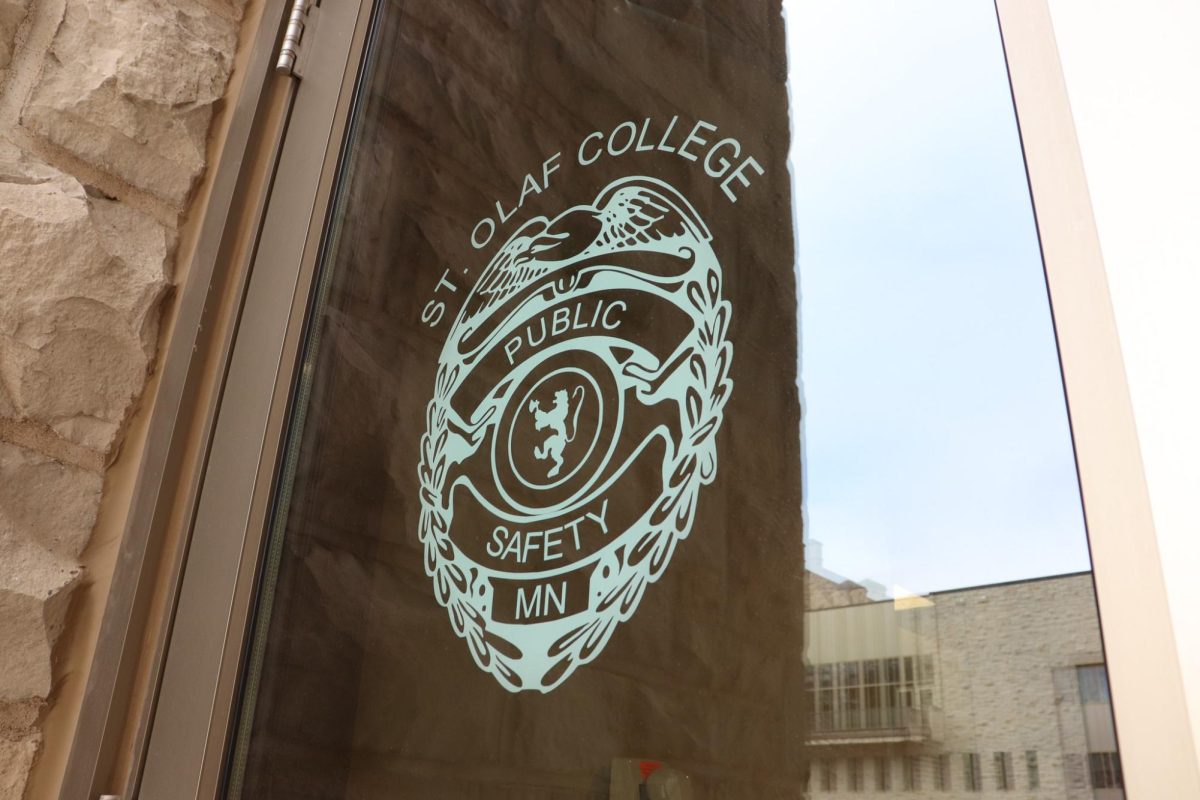Each year the Spring Concert draws a large crowd, with students eager to see the artist that the Music Entertainment Committee (MEC) brings to campus. Rapper Vic Mensa performed on Saturday, April 8, attracting both students who had never heard of Mensa and those who are long time fans.
Unlike many concerts before, Mensa’s social activist platform heavily influenced the dynamic of the event. Inspired and informed by the Black Lives Matter movement, Mensa rapped two songs that addressed racism in the United States.
“When I listened to him speak, I saw a man who wasn’t just trying to make money, [but] an artist who uses his music to reflect the world around him and voice the pain and suffering that People of Color face in this country,” Dillon Cathro ’17 said.
Mensa’s song “16 Shots” references Laquan McDonald, a black teen from Chicago who was shot 16 times by a white police officer, Jason Van Dyke. One excerpt from the lyrics reads, “We all know it’s cause he black/ Shot ’em 16 times how f**ked up is that?” In another song Mensa addresses the water crisis in the predominantly black city of Flint, Mich., where citizens unknowingly drank lead poisoned water for over a year.
“When Vic Mensa did the song ‘16 Shots,’ he laid down in the same position that Laquan McDonald was in after he was shot by the police,” Samantha Wells ’17 said. She heard people shout, ‘Get up and keep singing.’
Other students reported raising their fists in solidarity with Mensa during these songs, only to be jostled so violently they could not hear or see the artist convey his full message. On Sunday, April 9, campus awoke to a tangible tension in the air and signs filling the bulletin boards of Buntrock Commons in protest of several events that transpired during and after the concert. Yik Yak was also proof of discontent, plastered with yaks expressing various points of view.
“We wanted to make sure we brought in an artist that we would be able to say something about, support and stand behind,” MEC coordinator Emily Nyberg ’16 said.
The morning after the concert, students woke up to find hand-made posters around campus calling out concert-goers. Rumors began to circulate that Mensa shortened his performance because he felt that students respected neither him nor his message. Nyberg has confirmed that Mensa was only scheduled to perform for 45 minutes and did not leave the stage out of frustration or anger at the actions of the crowd.
Regardless, many students feel that, as a primarily white student body, St. Olaf has a responsibility to absorb and learn from Mensa’s message.
“I didn’t hear about the people shouting at him on stage until afterwards on Yik Yak,” Nyberg said. “To me this was very disheartening. When you bring in an artist, you want him to be respected, and I think that says a lot about our community’s inability to completely respect an artist.”
Some students felt that too many audience members were not perceptive to the meaning of the performance, showcasing their apathy toward racial injustice by being overly intoxicated, rowdy and sexual during Mensa’s songs.
In response to the police audio played from the day of McDonald’s death, one Yik Yak post read, “I was so drunk and high that the radio part confused me and I thought someone at the concert had been shot … but I just kept being lit anyways.”
Similar actions and attitudes during the concert were perceived as a sign of complacency among the student body when it comes to the message Mensa was communicating. In response to this post and similar statements, Oles have initiated a new discourse on privilege in the context of the event.
“After the concert I was lightheartedly asking people, ‘Would you ever protest with Black Lives Matter after seeing such a display?’” Wells said. “Several laughed in my face and said no. I asked them if they understood what he was saying and they replied, ‘Yeah I totally understood,’ so I asked if the performance changed [their stance on the movement]. To this, students answered, ‘No, I just don’t think it’s that important.’”
Wells feels that although some white students have the privilege and ability not to understand issues of racial injustice because they will never be personally affected by them. She believes that too many St. Olaf students are personally affected by these very same issues for them to go unnoticed, unacknowledged or not acted upon.
In widely viewed Facebook post, Udeepta Chakravarty ’17 wrote, “He will rap for a group of people who will sing along to his songs but are in denial of the experiences that inform his music.”
The controversy following the concert has left students confused about who is upset, why they are upset and who is to blame. While many students directed their anger at white apathy to racial injustice, others accused the activists of overreacting.
One Yak asked, “can’t we just be like other schools and say ‘Oh, that was a fun concert’ or ‘oh, that concert sucked’ and move the f**k on?”
The sentiment of this Yik Yak post parallels a nationwide discussion about increasing sensitivity among college students. Both students of color and allies within the community have voiced frustration and anger with this view.
“Man, I am so tired of being told that I’m too angry or too sensitive,” Cathro said. “Don’t you dare tell me that I’m overreacting when y’all ruin the one concert of the year that spoke [to] my experience as a brown man in this country.”





